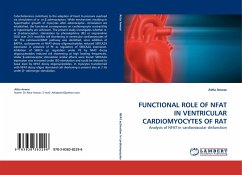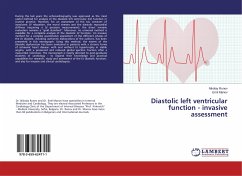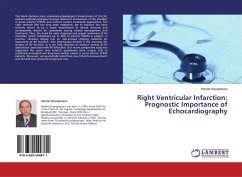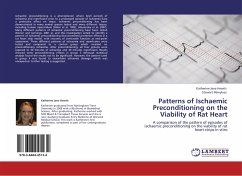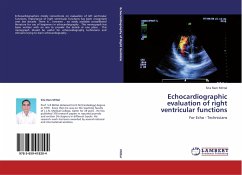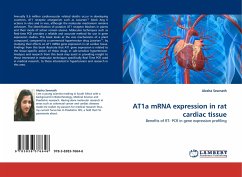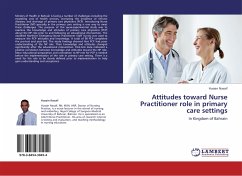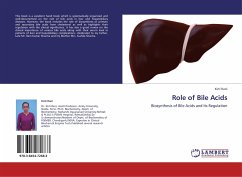Catecholamines contribute to the adaption of heart to pressure overload via stimulation of - or adrenoceptors. While mechanisms resulting in hypertrophic growth of myocytes after adrenoceptor- stimulation are established, the functional consequences on cardiomyocyte contractility or hypertrophy are unknown. The present study investigates whether - or -adrenoceptor- stimulation by phenylephrine (PE) or isoprenaline (ISO) over 24 h modifies cell shortening in ventricular cardiomyocytes of rat. The calcineurin/NFAT pathway was identified, since addition of BAPTA, cyclosporine or NFAT-decoy oligonucleotides reduced SERCA2A expression in presence of PE as regulators of SERCA2A expression. Inhibition of SERCA up regulation under PE by NFAT decoy oligonucleotides reduced cell shortening at high beating frequencies. Under -adrenoceptor stimulation similar effects were found: SERCA2A expression was increased under ISO-stimulation and could be reduced to basal level by NFAT decoy oligonucleotides. In myocytes transformed with NFAT decoy oligos decreased cell shortening is present also at 2 Hz under adrenergic stimulation.
Bitte wählen Sie Ihr Anliegen aus.
Rechnungen
Retourenschein anfordern
Bestellstatus
Storno

